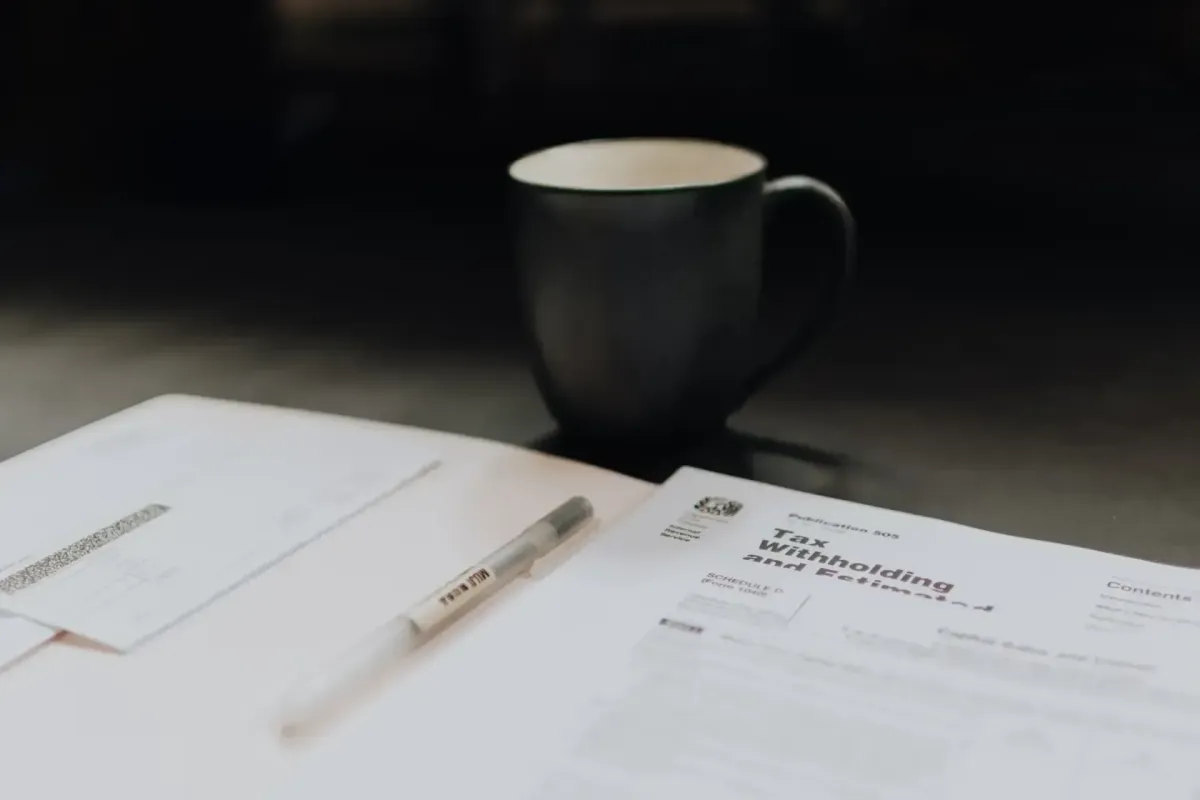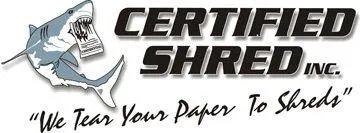Blog

How Small Businesses in Salt Lake City Can Build a Secure Document-Destruction Policy
Introduction
Every small business in Salt Lake City handles information—client files, invoices, employee records, and internal reports. But not every business handles that information securely. Without a clear document-destruction policy, sensitive papers can easily end up in the wrong hands, exposing the company to data breaches, legal issues, or reputational harm.
Building a document-destruction policy isn’t complicated—it’s about creating clear rules for how information is stored, retained, and ultimately destroyed. This guide explains how small businesses can develop a secure, compliant policy that protects both their data and their customers’ trust.
Why a Document-Destruction Policy Matters
Even small businesses are required to comply with federal and state privacy laws. Whether you’re a medical clinic, accounting firm, or local service provider, you likely collect personal data protected by regulations such as:
FACTA (Fair and Accurate Credit Transactions Act): Requires secure disposal of consumer information.
HIPAA (Health Insurance Portability and Accountability Act): Applies to medical and healthcare data.
GLBA (Gramm-Leach-Bliley Act): Covers financial institutions and customer financial information.
A document-destruction policy ensures your business consistently handles sensitive materials in compliance with these laws. It also:
Reduces storage clutter and paper buildup
Minimizes internal theft risks
Improves workflow efficiency
Provides a verifiable audit trail for compliance and accountability
For small businesses, having a written policy transforms good intentions into daily habits—and proves your commitment to data protection.
Step 1: Identify What Needs Protection
Start by determining what information qualifies as “confidential.” Many small businesses underestimate how much sensitive data they manage.
Common examples include:
Employee records, payroll information, and resumes
Customer contact details and payment records
Financial reports and tax documentation
Contracts, invoices, and vendor information
Internal communications that mention private details
Once you know what needs protection, categorize documents by sensitivity and retention period to determine when and how they should be destroyed.
Step 2: Define Retention and Destruction Schedules
Not every document should be destroyed right away—some must be kept for months or years to meet legal or operational requirements. Establish clear retention schedules for each document type.
Suggested Timelines
Tax records and financial statements: 7 years
Employment and HR files: 3–7 years after termination
Invoices, receipts, and billing: 3 years
Contracts and agreements: Until expired plus 2 years
Marketing materials or drafts: As needed, or when outdated
Your policy should specify how long to keep each record and how to dispose of it once it’s no longer needed. Include both physical and digital formats in your timeline.
Step 3: Choose the Right Destruction Methods
Different materials require different disposal methods. Using a single shredder for everything might seem simple but could lead to security gaps.
Paper Documents
Use professional shredding services with cross-cut or micro-cut methods for complete destruction. Avoid in-house shredders that can leave reconstructable strips.
Hard Drives and Electronic Media
Partner with a NAID AAA-certified provider for physical hard-drive destruction. This guarantees that data can’t be recovered, even from damaged or outdated devices.
Recyclable Materials
After shredding, ensure that paper waste is recycled responsibly through certified recycling partners to reduce environmental impact.
By diversifying your destruction methods, you make sure that every form of sensitive data—paper or digital—is handled correctly.
Step 4: Assign Roles and Responsibilities
A document-destruction policy only works when your employees follow it consistently. Assign clear roles for every stage of the process:
Information Owners: Determine retention periods and monitor compliance.
Office Managers: Oversee shredding schedules and coordinate with service providers.
Employees: Deposit all sensitive documents into secure shredding bins.
Shredding Provider: Handle collection, destruction, and issue Certificates of Destruction.
Train your staff regularly on how to recognize confidential documents, where to discard them, and why following procedures matters.
Step 5: Partner with a Local Shredding Provider
For small businesses, outsourcing destruction is often safer and more affordable than handling it in-house. Certified Shred, based in Salt Lake City, offers both on-site and off-site shredding services tailored for small offices.
Working with a local provider ensures:
Quick response times for scheduled or purge shredding
Verified destruction with a Certificate of Destruction
Compliance support for Utah and federal privacy regulations
Eco-friendly recycling of shredded materials
This partnership lets you focus on your business while professionals handle the technical details of secure data destruction.
Step 6: Document, Review, and Improve
A strong destruction policy evolves with your business. Keep records of all shredding activities, including dates, materials, and certificates. Conduct periodic reviews to check for new compliance requirements or operational changes.
As your company grows, update your policy to include new departments, digital tools, or document types. A proactive approach ensures long-term consistency and compliance.
Local Perspective: Salt Lake City’s Security Culture
Salt Lake City’s business community values both growth and integrity. With industries like healthcare, education, and finance driving the local economy, proper data management is no longer optional—it’s essential.
Implementing a secure document-destruction policy not only keeps your business compliant but also positions you as a trusted partner in a city that thrives on reputation and reliability. Small businesses that prioritize security build stronger client relationships and a safer work environment overall.
Helpful FAQs About Building a Document-Destruction Policy
1. Do small businesses really need a written destruction policy?
Yes. A written policy creates accountability and serves as proof of compliance during audits or investigations. It also ensures all employees follow consistent procedures.
2. How often should I update the policy?
Review it annually or after major operational or legal changes. Regular updates keep your policy aligned with new regulations or business practices.
3. What if my business goes fully digital?
Even digital businesses should include data disposal policies for old drives, servers, and cloud storage. Secure erasure and physical destruction are still critical.
4. Should I keep Certificates of Destruction?
Always. Certificates are your documented proof that sensitive materials were destroyed securely and are vital for compliance verification.
5. Can I use office shredders instead of hiring a provider?
Small shredders are fine for minor daily tasks, but they’re inefficient and less secure for bulk disposal. Professional shredding guarantees complete destruction and compliance documentation.
Conclusion
A secure document-destruction policy is more than an internal rule—it’s a shield protecting your clients, employees, and reputation. For small businesses in Salt Lake City, establishing clear guidelines for how information is stored, retained, and destroyed ensures compliance and long-term trust.
With the right process, trained staff, and a reliable shredding partner, you can protect sensitive data and operate confidently in today’s data-driven world.

© 2025 Certified Shred
Contact Information
Phone: 801-972-4748
Email: [email protected]
Address: 537 Pickett Circle Suite 600 Salt Lake City UT 84115
Business Hours:
Mon - Thu: 8:00 am-3:00 pm
Friday: 8:00 am - 1:00 pm
Sat - Sun: Closed
Service Areas
© All Rights Reserved • Grease Guys | Terms of Use | Privacy Policy